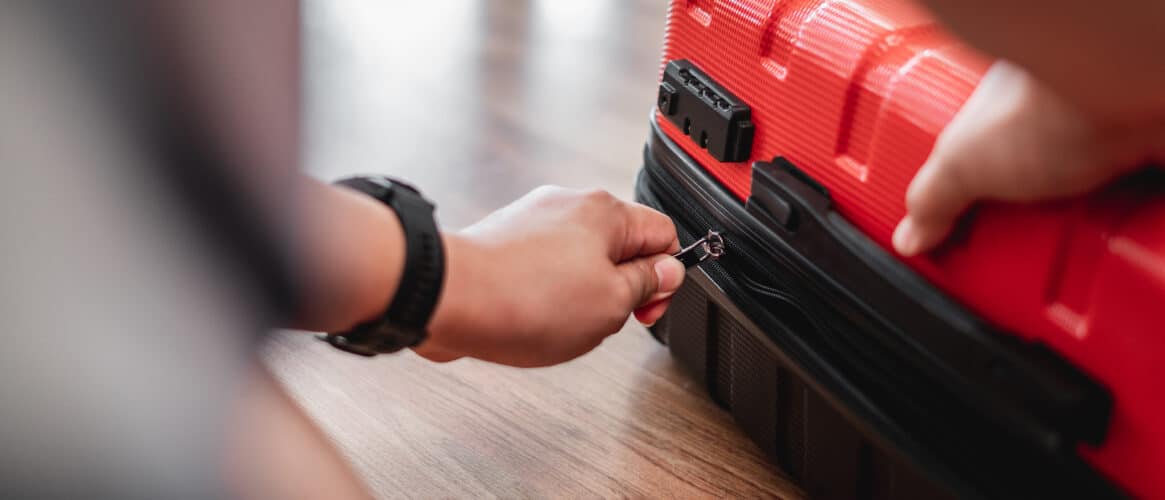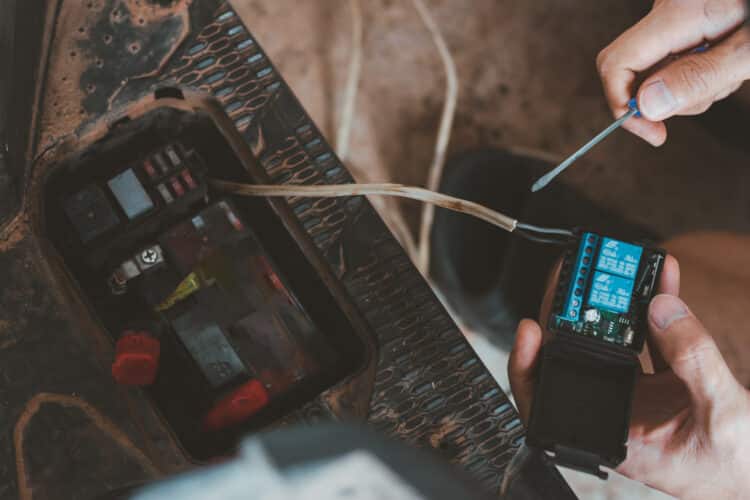Is it Safe to Store Lithium Batteries in the House?
Key Takeaways
- Storing lithium batteries indoors can pose risks, including the potential for battery combustion or fire, releasing toxic and flammable vapors.
- Follow best practices for storing lithium batteries, such as choosing a suitable location, avoiding extreme temperatures, ensuring proper ventilation, using protective packaging, keeping them at a partial charge, and regularly maintaining them.
- By following these best practices, the risks associated with storing lithium batteries in the house can be significantly reduced, but it is important to always refer to the manufacturer’s instructions for specific storage requirements.
Many of us rely on lithium batteries for our portable devices and gadgets. From smartphones and laptops to electric vehicles, these batteries have become an essential part of our daily lives. But when it comes to storing lithium batteries, especially in our homes, safety is a top concern. So, is it safe to store lithium batteries in the house? Let’s explore the information available to find out.
The Risks of Storing Lithium Batteries Indoors
According to various sources, there are certain risks associated with storing lithium batteries indoors. One of the primary risks is the potential for battery combustion or fire. If a lithium battery becomes damaged, it may cause a fault to be triggered, leading to a fire. This can be particularly dangerous when a faulty battery is in storage as it may cause other batteries to ignite, releasing toxic and flammable vapors.
Lithium-ion battery fires, once ignited, can even reignite after being contained, making them difficult to manage. Therefore, it is crucial to understand the potential risks and take appropriate precautions when storing lithium batteries in the house.
Best Practices for Storing Lithium Batteries at Home
While there are risks associated with storing lithium batteries indoors, following proper storage practices can significantly minimize these risks. Here are some best practices to consider:
- Choose a Suitable Location: Store lithium batteries in a cool and dry location, away from extreme temperatures and humidity. It is important to prevent physical damage to the batteries and avoid storing them near flammable materials.
- Temperature Considerations: Avoid exposing lithium batteries to extreme temperatures. High temperatures above 60 degrees Celsius (140 degrees Fahrenheit) can lead to overheating and potential fire hazards, while low temperatures below -20 degrees Celsius (-4 degrees Fahrenheit) can cause the batteries to become unstable.
- Proper Ventilation: Ensure proper ventilation in the storage area to dissipate heat emitted by the batteries. Good ventilation helps prevent the buildup of potentially flammable gases and reduces the risk of fire.
- Protective Packaging: Store lithium batteries in their original packaging or use appropriate protective cases. This helps prevent physical damage to the batteries and reduces the risk of short circuits if they come into contact with metal objects or other batteries.
- Partial Charge: When storing lithium batteries for an extended period, it is recommended to keep them at a partial charge between 40-60%. This range helps prevent excessive self-discharge and maintains the battery’s overall health.
- Regular Maintenance: Periodically check the batteries for any signs of damage or swelling. It is also advisable to recharge the batteries every 3-6 months to prevent them from fully discharging and potentially becoming unstable.
- Avoid Moisture and Sunlight: Keep lithium batteries away from moisture, direct sunlight, and heat sources. Exposing the batteries to moisture can cause corrosion and potentially lead to a short circuit or other malfunctions.
- Safety Precautions: Ensure that lithium batteries are stored in a location that is out of reach of children and pets to prevent accidental ingestion or physical damage.
By following these best practices, you can significantly reduce the risks associated with storing lithium batteries in your house. It is important to note that these recommendations are general guidelines, and you should always refer to the manufacturer’s instructions for specific storage requirements for your batteries.
Conclusion
In conclusion, it is generally safe to store lithium batteries in the house as long as proper storage practices are followed. These practices include choosing a cool and dry location, avoiding extreme temperatures, ensuring proper ventilation, and using appropriate packaging or storage containers. Regularly checking the batteries for any signs of damage or swelling is also recommended.
It is crucial to understand the potential risks associated with storing lithium batteries indoors, such as the possibility of fire, release of toxic gases, short circuits, and malfunctions. By taking the necessary precautions and following the best practices outlined above, you can minimize these risks and ensure the safe storage of lithium batteries in your home.
Related Websites:
FAQs:
Q: Is it safe to store lithium batteries in the house?
Yes, it is safe to store lithium batteries in the house if proper safety guidelines are followed. Storing lithium batteries in cool, dry areas away from flammable materials and direct sunlight minimizes the risk of accidents. It is important to adhere to manufacturers’ guidelines for storage and disposal to ensure safety.
Q: What are the advantages of lithium batteries compared to other types?
Lithium batteries have several advantages over other types. They offer high energy density, which means they can store more power in a smaller size. They also have a longer lifespan and provide consistent power output throughout their usage. These qualities make them popular in power tools and other electronic devices.
Q: What are the safety considerations for storing lithium batteries?
When storing lithium batteries, it is important to be aware of potential risks. Mishandling can lead to thermal runaway and battery fires. Following manufacturers’ guidelines for storage and disposal is crucial to minimize these risks. Proper storage conditions, such as temperature and humidity control, are also key factors in ensuring safety.
Q: What are the guidelines for storing lithium batteries?
To store lithium batteries safely, it is recommended to keep them in cool, dry areas with controlled temperature and humidity. Avoid storing them near flammable materials and direct sunlight. Following general safety tips, such as preventing physical damage to batteries and keeping them away from metal objects and other batteries, is also important.
Q: What are the proper storage solutions for lithium batteries?
For storing lithium batteries, it is advisable to use non-conductive and fire-resistant storage containers. Battery storage cases or designated battery organizers are suitable options. These solutions help prevent short-circuiting and minimize the risks associated with extreme temperatures or high-humidity environments. Storing batteries in cool, dry areas is essential for safety.





